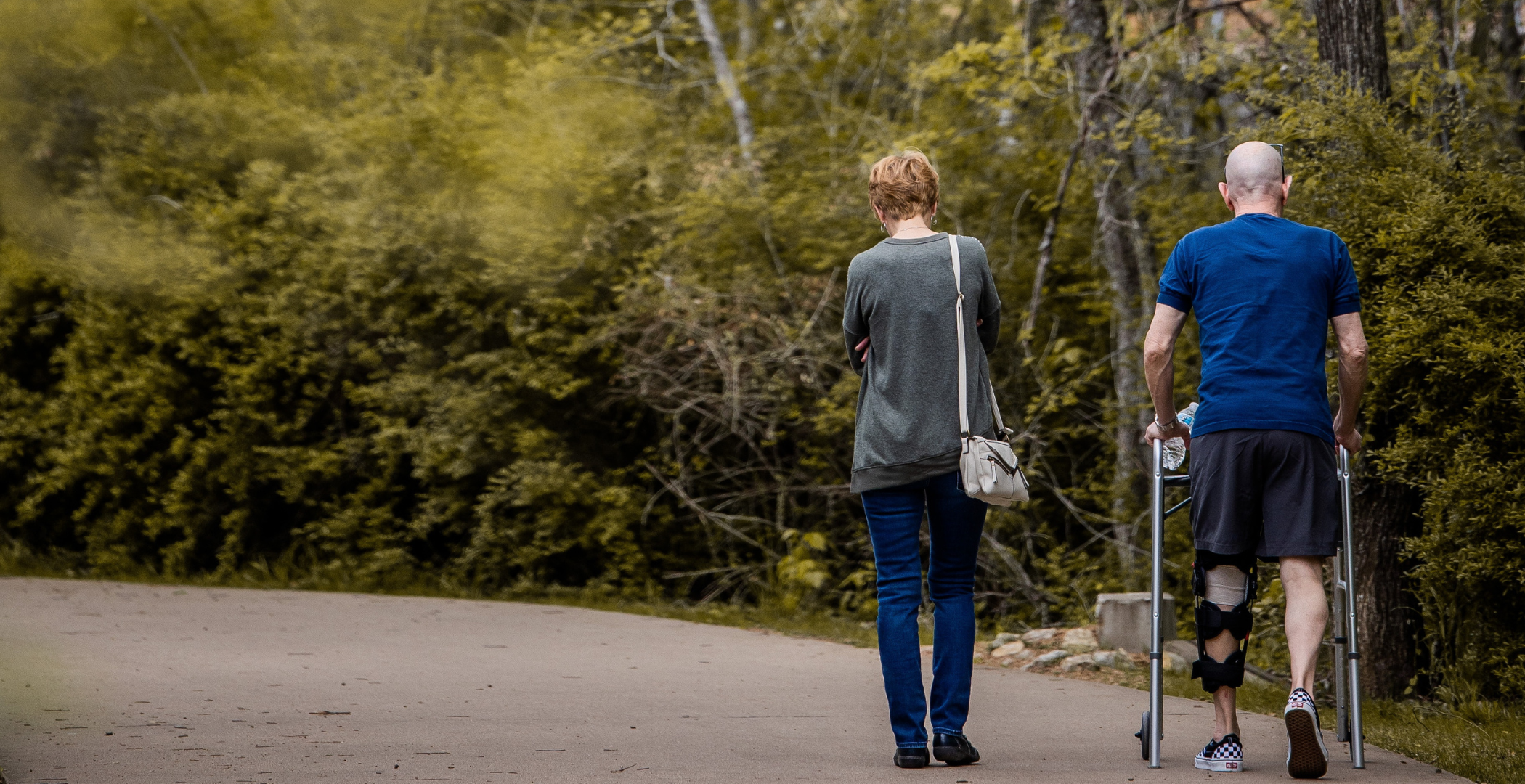
What is collaborative care?
Brain injury rehabilitation is a complex and multifaceted process that requires a comprehensive and coordinated approach to ensure the best possible outcomes for patients. One of the key factors in successful recovery is the implementation of collaborative care, which involves a multidisciplinary team consisting of healthcare professionals, support care workers, therapists, and family members. In this blog post, we will explore the different roles within the collaborative care model and discuss the benefits it brings to individuals with brain injuries.

The Role of Support Workers
Rehabilitation support workers play a crucial role in the recovery process of individuals with brain injuries. These dedicated professionals provide invaluable assistance with daily activities, offer emotional support, and facilitate rehabilitation exercises prescribed by healthcare professionals. Their primary objective is to help patients regain their physical, cognitive, and emotional abilities while ensuring their safety and comfort throughout the rehabilitation journey. By working closely with patients, support workers develop a deep understanding of their needs and provide personalised care tailored to their specific circumstances.
The Power of Teamwork
Collaborative care revolves around the principle of teamwork, where each member of the multidisciplinary team contributes their unique expertise to create a comprehensive care plan for the patient. Healthcare professionals assess the medical condition and provide necessary treatments: therapists focus on rehabilitation and retraining specific skills, while support care workers assist with daily activities and provide emotional support. This coordinated effort ensures that no aspect of the recovery process is overlooked, leading to a more holistic approach to brain injury rehabilitation.
Benefits of Collaborative Care
There are several benefits associated with collaborative care in brain injury rehabilitation:

-
Comprehensive Assessment: The involvement of a multidisciplinary team allows for a thorough evaluation of the patient's needs and challenges. By considering inputs from various professionals, a more accurate and comprehensive assessment can be made, leading to a more targeted and effective care plan.
-
Holistic Approach: Collaborative care emphasises a well-rounded approach to recovery that addresses the physical, cognitive, and emotional aspects of brain injury rehabilitation. By bringing together professionals from different disciplines, patients receive comprehensive care that considers all aspects of their well-being.
-
Coordinated Care: With a multidisciplinary team working together, there is improved communication and coordination among healthcare professionals. This ensures that interventions and treatments are synchronised, minimising the risk of fragmented care and optimising the effectiveness of the rehabilitation process.
-
Individualised Care: Each brain injury is unique, and recovery needs to be tailored to the specific circumstances of the individual. Collaborative care recognises this need for individualisation and ensures that the care plan is personalised to address the specific challenges and goals of each patient.
In summary
In conclusion, collaborative care plays a crucial role in brain injury rehabilitation. By fostering teamwork, sharing expertise, and providing holistic care, the multidisciplinary approach enables individuals with brain injuries to receive comprehensive support throughout their recovery journey. Rehabilitation support workers, alongside healthcare professionals, therapists, and family members, are integral to this process, as they contribute their unique skills to promote independence, well-being, and improved quality of life for patients. Through collaborative care, we can pave the way for successful rehabilitation and empower individuals to regain their abilities, restore their independence, and reintegrate into their communities.